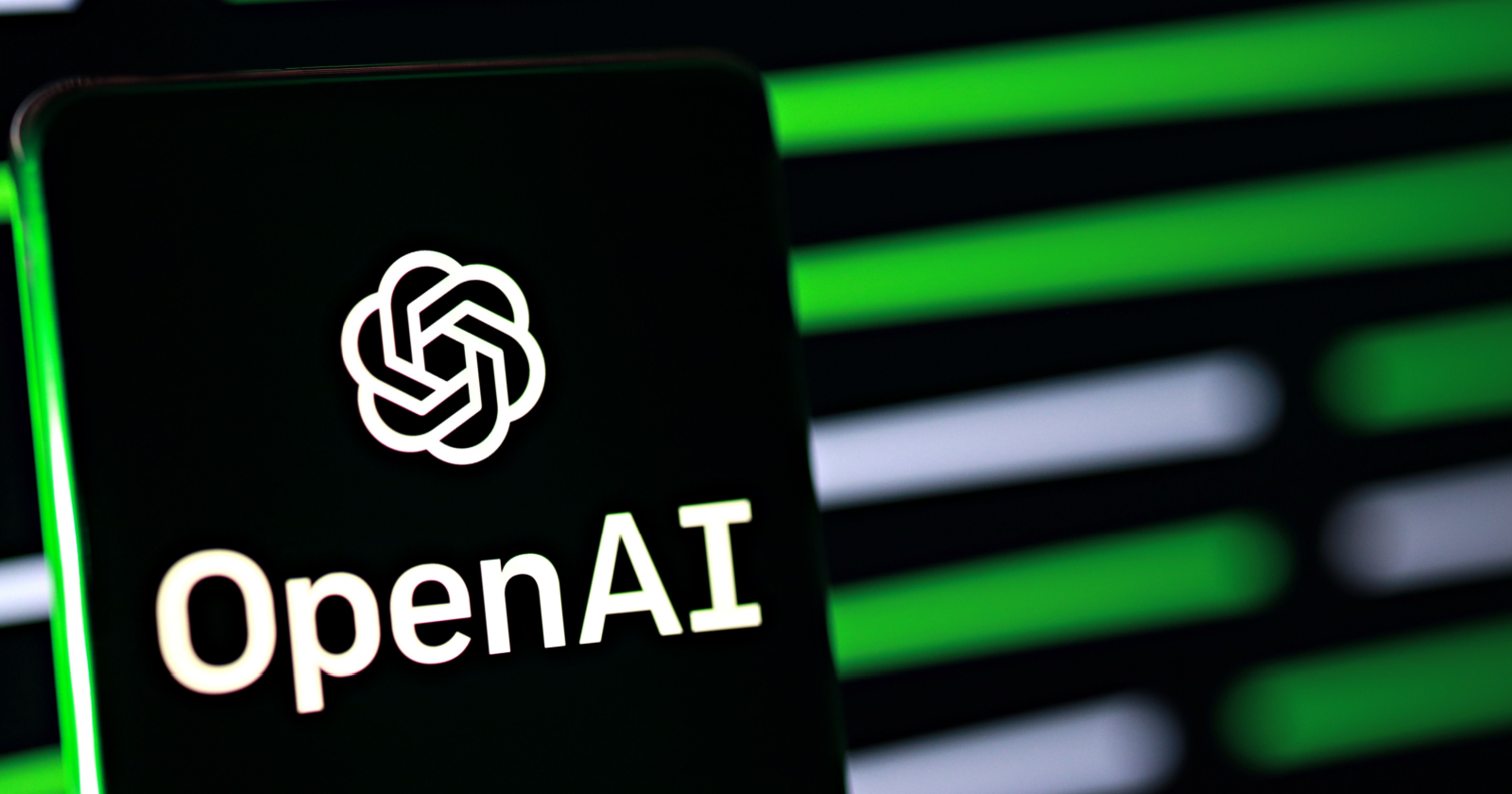Reports indicate that OpenAI has ventured into unexplored territory by developing an autonomous artificial intelligence assistant system capable of taking control of a user’s device to perform tasks. This innovative product has potential impacts. While such a development currently points to uncertain waters, it could herald a new era in the field of artificial intelligence.
Pioneering Action Agents: Exploring the Next Boundary
Although specific details about OpenAI’s project remain unclear, the concept of action agents is a harbinger of a new era in AI advancement. Unlike traditional generative AI systems like ChatGPT and Google’s Gemini, which have been successful in producing human-like media, action agents are poised to bridge the gap between AI-generated content and real-world tasks.
 Crypto Traders Are Rushing to This App – Here’s Why You Should Too
Crypto Traders Are Rushing to This App – Here’s Why You Should Too
Current smart assistants typically rely on primitive technologies lacking the complexity of advanced language models like ChatGPT or Gemini. In contrast, leveraging large language model technology promises to endow virtual assistants with unprecedented autonomous capabilities. This potential breakthrough has the potential to redefine user interactions and reshape the future of virtual assistance.
Navigating the Autonomous Action Space
The reported capabilities of OpenAI’s autonomous action agents point to a paradigm shift in user-device interactions. The envisioned artificial intelligence system appears ready to revolutionize the way users interact with their devices, from simple tasks like data transfer to complex operations requiring intricate maneuvers.
However, major innovations also bring significant challenges, especially in the areas of privacy and security. The integration of autonomous AI assistants raises valid concerns about data privacy and potential security vulnerabilities. As technology advances, providing robust safeguards against unauthorized access and data breaches becomes increasingly important.
At its core, OpenAI’s pursuit of autonomous artificial intelligence assistants represents a tremendous leap forward in the field of AI. Although the road ahead is fraught with challenges, the potential benefits of seamlessly integrated, autonomous assistance systems could be immense. As the boundaries of artificial intelligence continue to expand, OpenAI’s initiative carries the promise of unlocking new possibilities and reshaping the future of human-computer interaction.


 Türkçe
Türkçe Español
Español









